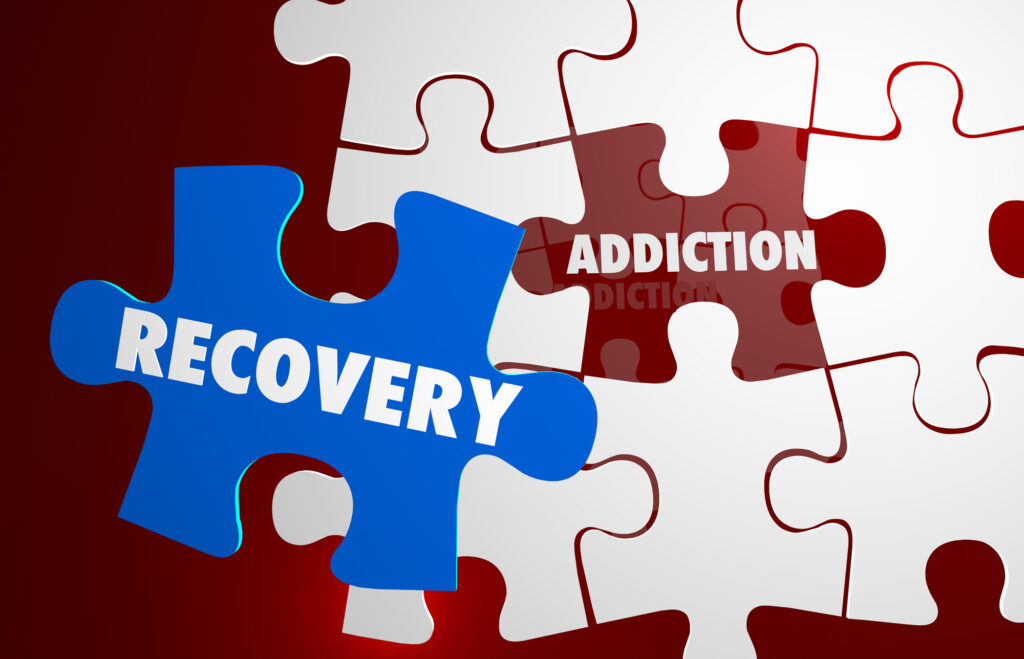Acknowledge the Problem: Recognize and admit that there is a problem with addiction. Acceptance is the first step toward recovery.
Seek Professional Help: Consult with healthcare professionals, therapists, or addiction specialists. They can provide guidance, support, and treatment options tailored to your needs.
Build a Support System: Surround yourself with positive and understanding individuals who can support your recovery journey. This may include friends, family, support groups, or a sponsor.
Set Realistic Goals: Establish achievable and realistic short-term and long-term goals. These goals can provide direction and a sense of accomplishment as you make progress.
Develop Coping Strategies: Learn healthy ways to cope with stress, cravings, and triggers. This might involve adopting mindfulness techniques, practicing self-care, or engaging in activities that bring joy.
Undergo Treatment: Explore different treatment options such as therapy, counseling, support groups, or medication-assisted treatment. Tailor your approach based on your specific needs and the recommendations of professionals.
Create a Structured Routine: Establish a daily routine that includes healthy habits such as regular exercise, proper nutrition, and sufficient sleep. Structure can help provide stability during the recovery process.
Educate Yourself: Learn about addiction, relapse prevention, and the impact of substances on your body and mind. Knowledge can empower you to make informed decisions and better navigate challenges.
Address Underlying Issues: Work with professionals to identify and address any underlying issues or traumas that may contribute to your addiction. Healing these root causes is crucial for long-term recovery.
Celebrate Milestones: Acknowledge and celebrate your achievements, whether big or small. Recognizing progress can boost motivation and reinforce positive behavior.
Stay Connected to Recovery Communities: Engage with support groups and recovery communities. Sharing experiences with others who have gone through similar struggles can provide understanding and encouragement.
Plan for the Future: Develop plans for the future that align with your newfound purpose in recovery. This may involve setting career goals, mending relationships, or pursuing hobbies and interests.








